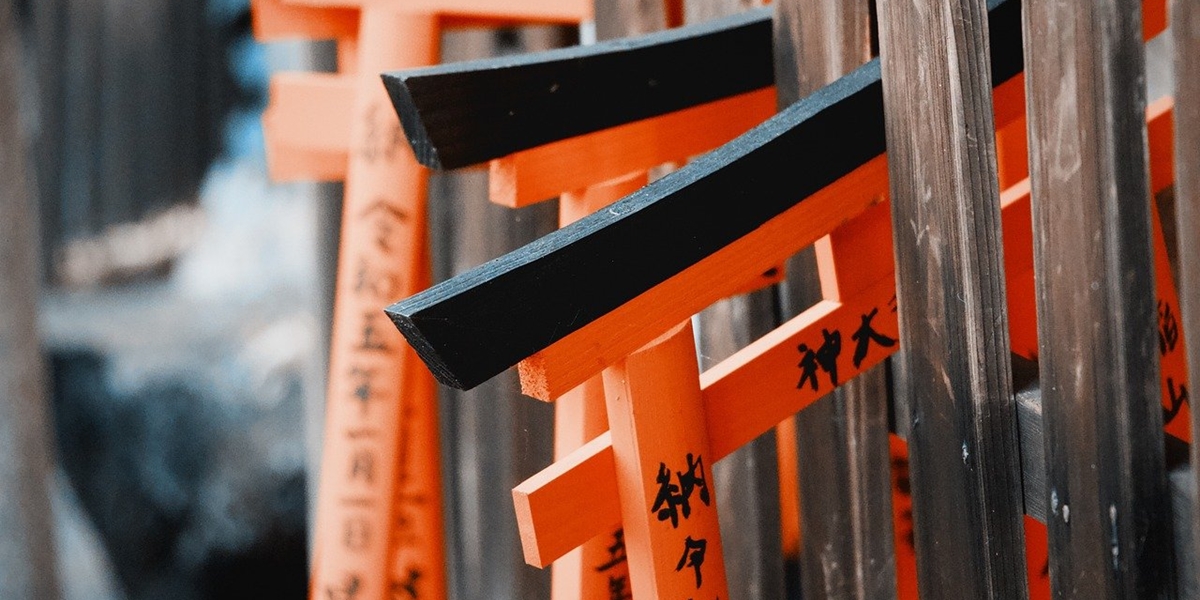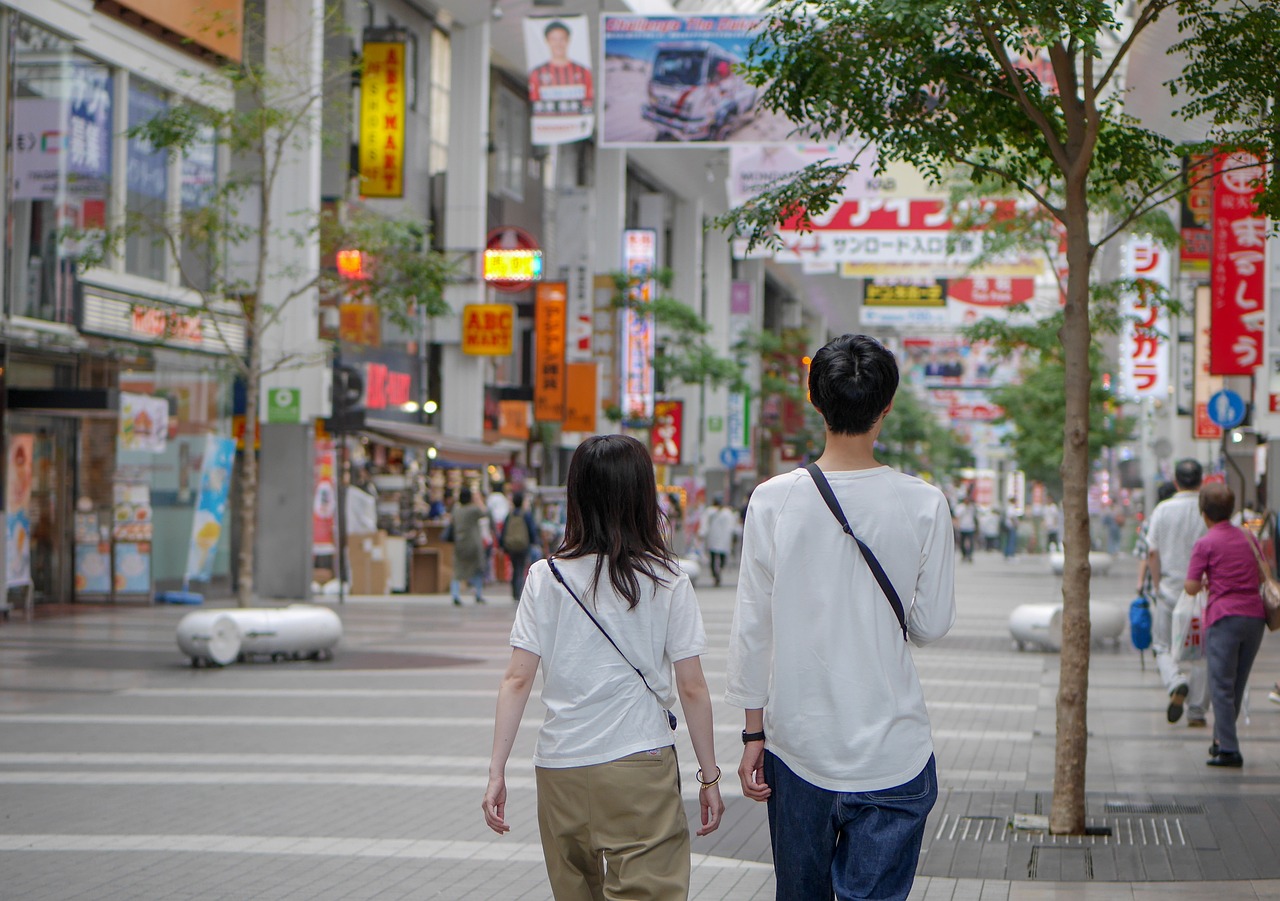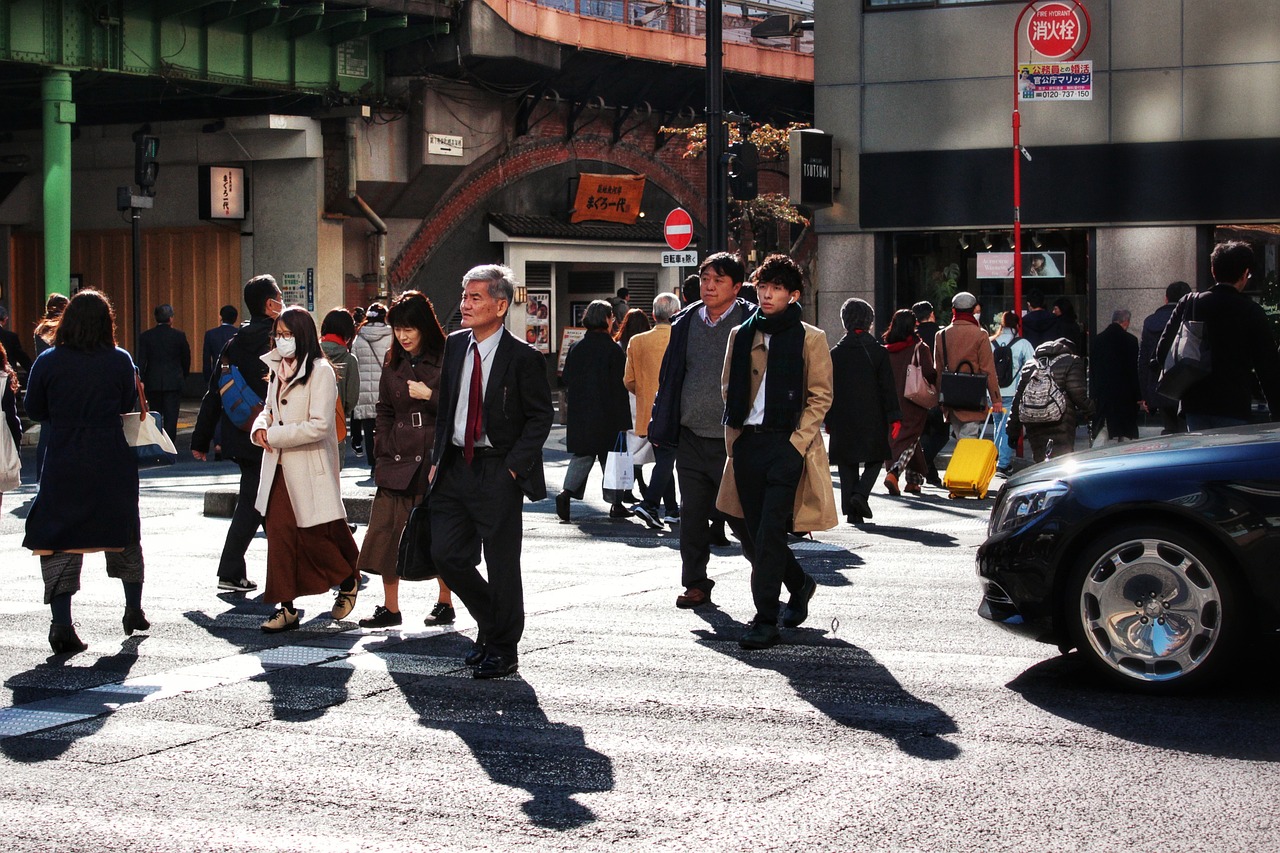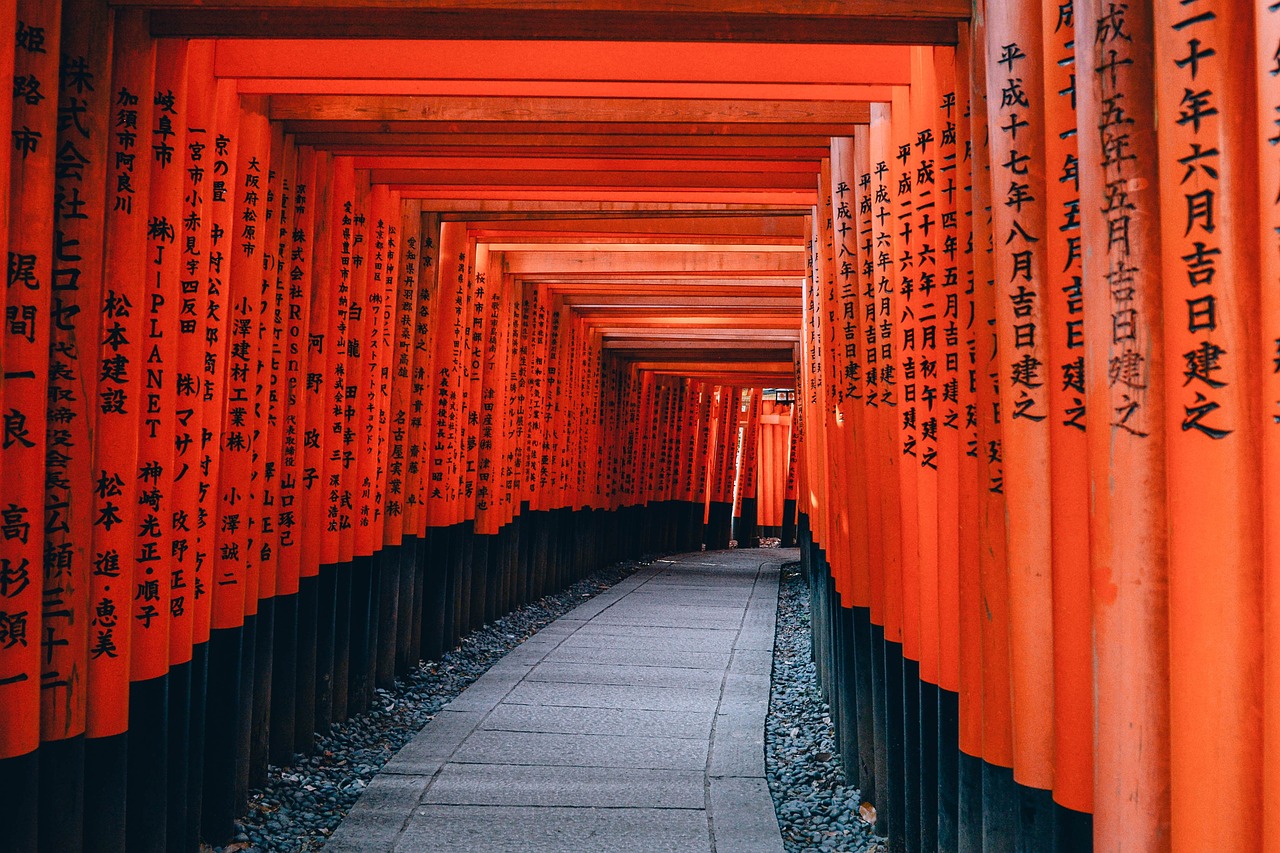4 Easy and Practical Ways to Copy Paste on MacBook, Follow These Steps
So, how do you copy paste on MacBook? To find out, just follow the following reviews.

Kapanlagi.com - In learning Japanese, vocabulary is an important foundation for understanding and communicating effectively. With more than 100 Japanese vocabulary presented in this article, readers will be invited to explore Japanese words that cover various contexts.
Starting from everyday words, office terms, and useful travel activities. Through a deep understanding of this Japanese vocabulary, it is hoped to expand Japanese language skills and experience the beauty and ease of this culturally rich language.
And here are some lists of Japanese vocabulary taken from various contexts. Come on, let's check it out KLovers.

Illustration (credit: pixabay.com)
For those of you who want to learn Japanese, it is important to know everyday Japanese vocabulary. Here is the vocabulary in Japanese for everyday life along with its meaning in Indonesian:
1. asa = morning
2. hiru = afternoon
3. yoru = evening
4. ie = house
5. shokuji = meal
6. suimin = sleep
7. shigoto = work
8. gakkou = school
9. jitensha = bicycle
10. kuruma = car
11. densha = train
12. basu = bus
13. aruku = walk
14. hashiru = run
15. oyogu = swim
16. yomu = read
17. kaku = write
18. hanasu = speak
19. kiku = listen/ask
20. miru = see
21. iku = go
22. kuru = come
23. nomu = drink
24. taberu = eat
25. kiru = wear
26. kau = buy
27. uru = sell
28. wasureru = forget
29. oboeru = remember
30. warau = laugh

Illustration (credit: pixabay.com)
In addition, in everyday contexts, there is also vocabulary context for the school environment. And here are some Japanese vocabulary for the school environment:
31. gakkou = school
32. sensei = teacher
33. seito = student
34. kyoushitsu = classroom
35. kokuban = blackboard
36. kyoukasho = textbook
37. gakuseishou = student card
38. nooto = notebook
39. pen = pen
40. enpitsu = pencil
41. keshigomu = eraser
42. tsukue = desk
43. isu = chair
44. gakunen = grade/academic year
45. yasumijikan = break
46. bukatsudou = extracurricular activities
47. iinkai = committee
48. taiiku = physical education
49. suugaku = mathematics
50. kagaku = science
51. shakai = social studies
52. rekishi = history
53. chiri = geography
54. nihongo = Japanese language
55. eigo = English language
56. ongaku = music
57. bijutsu = art
58. hoken = health
59. shukudai = homework
60. tesuto = test

Illustration (credit: pixabay.com)
There is also vocabulary for the office area. Yes, Japanese vocabulary for this office is suitable for those of you who are interested in learning Japanese for work.
61. kaisha = company
62. shain = employee
63. joushi = boss
64. buka = subordinate
65. jimusho = office
66. tsukue = desk
67. isu = chair
68. konpyu-ta = computer
69. denwa = telephone
70. purinta = printer
71. fakkusu = fax
72. fairu = file
73. shorui = document
74. kaigishitsu = meeting room
75. uchiai = meeting
76. houkokusho = report
77. meeru = email
78. yotei = schedule
79. kaishi = start
80. shuuryou = finish
81. chakushin = incoming call
82. soushin = send
83. jushin = receive
84. kyuukei = break
85. hiruyasumi = lunch break
86. machijikan = waiting time
87. mensetsu = interview
88. shoushin = promotion
89. kaiko = dismissal
90. taishoku = retirement/resignation

Illustration (credit: pixabay.com)
If you want to learn Japanese for tourism, then the following Japanese vocabulary for tourism can be an option. Here is the content:
91. kankou = tourism
92. ryokou = travel
93. kankouchi = tourist spot
94. hoteru = hotel
95. ryokan = traditional inn
96. shukuhaku = stay
97. chiketto = ticket
98. nyuujouken = entrance ticket
99. kankou basu = sightseeing bus
100. gaido = tour guide
101. chizu = map
102. kinenhin = souvenir
103. omiyage = souvenir
104. kengaku = visit
105. annaijo = tourist information center
106. shokuji = food
107. resutoran = restaurant
108. yatai = street food stall
109. omiyageya = souvenir shop
110. omiyage = souvenir
111. koukuuken = airplane ticket
112. ressha = train
113. kankousen = tourist boat
114. kaigan = beach
115. yama = mountain
116. jiin = temple
117. jinja = Shinto shrine
118. hakubutsukan = museum
119. doubutsuen = zoo
120. kouen = park
By understanding and mastering the presented Japanese vocabulary, it is hoped that readers can achieve success in daily learning and communication. Happy learning!
(kpl/dhm)
Cobain For You Page (FYP) Yang kamu suka ada di sini,
lihat isinya
So, how do you copy paste on MacBook? To find out, just follow the following reviews.
The anime world offers various interesting themes, and one of them is the best school harem anime. Here are the best and most popular school harem anime recommendations that you can't miss.
There are several ways to remove the online status on WhatsApp. However, not many know how to make WhatsApp appear offline even when online.
There are many beliefs about primbon. One of them is primbon about dreams. Well, dreams can occur in various forms of stories, one of which is the meaning of dreaming about a girlfriend marrying someone else according to Javanese primbon. Here's the explanation.
Disney is an entertainment company that has produced various great works that have touched the hearts of audiences. It's no wonder that the latest Disney film recommendations for 2024 are highly anticipated. Moreover, there are various genres covered, ranging from heartwarming stories, horror, to adventure.
Horror films adapted from popular urban legends add to the tense atmosphere. Here are the recommendations for you KLovers.
Various enchanting love stories in the latest romantic Indonesian films in 2024 are suitable choices to watch with your partner. Not only tear-jerking stories, but the story will also take the audience on a deep emotional journey.
Interested in watching recommended drama films? If so, let's take a look at the following list.
Curious about the explanation of the meaning of Primbon's dream about thieves? Instead of being curious, just take a look at the explanation below.
Manga not only offers entertainment, but it is also a medium for conveying deep ideas, values, and emotions. Here is an understanding of Japanese manga along with its characteristics and differences from comics.
In the anime world, cosplay has become an inevitable phenomenon. Here is an explanation of the understanding of cosplay in the anime world, including its history and types.
Detecting virus-infected devices is very important to do as early as possible. Here are ways to clean viruses on mobile phones.